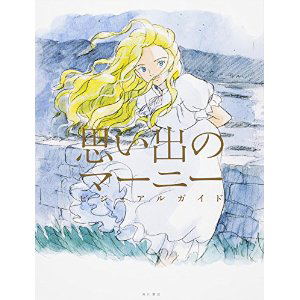

He declined them all, claiming that it would be impossible to recreate the blasted landscape of Japan during the war and that he doubted child actors would be able to portray the necessary emotions convincingly.

Nosaka was inspired to write the book partly by the contrast he saw with the world he saw around him and the Japan of his childhood, and partly as an apology to his adoptive sister Keiko who had died of malnutrition during the war.Īfter its publication Nosaka received many offers to turn the book into a movie. The book was published in 1967, a time when Japan was experiencing great economic growth. The story is about a brother and sister struggling to survive on their own during World War Two. Hotaru 火垂る ( ほたる )の haka 墓 ( はか ) or Grave of the Fireflies is based on the semi-autobiographical novel by Akiyuki Nosaka. After that (or before if that's more your taste), rush out and read the books! Grave of the Fireflies However, if you haven't seen any of the movies, then I suggest you rush out and do so. I will try to keep this article as spoiler free as possible.

There are some really wonderful books behind the Ghibli films, and reading them can give insight into the underpinnings of some of your favourite movies. Several of these books have also been adapted by Studio Ghibli. If we look at this list of the 50 children's books recommended by Studio Ghibli's acclaimed director Miyazaki, we can see that 48 are by non-Japanese authors from across the world. In fact, the source material is often not by Japanese authors. Though stories set explicitly in real foreign countries are often moved to Japan, fantastical mix-ups of European culture remain untouched. We may be dazzled by the Japanese elements, the gods, spirits, monsters and settings, but for Japanese audiences some of the movies have elements foreign to them as well. While there can be no doubt that Studio Ghibli draws strongly on Japanese material, such as the folk tales of the tanuki in Pom Poko or Shinto gods in Spirited Away, Ghibli is by no means culturally isolated.


 0 kommentar(er)
0 kommentar(er)
